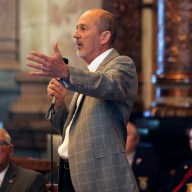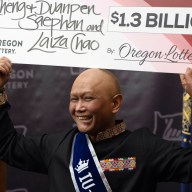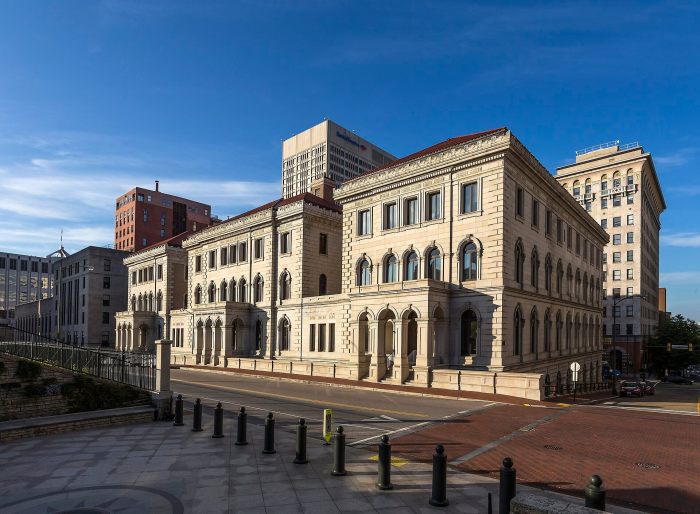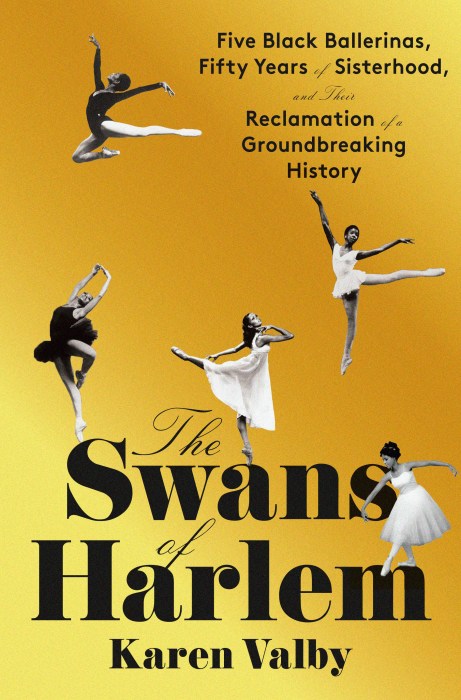The owner of a Vancouver restaurant says he’ll likely lose his business if a Human Rights Tribunal sides with a former patron who claims a comedian discriminated against her because of her sexual orientation.
It’s a case that could affect club owners across the province as well as comedians used to interacting with audience members.
Salam Ishmail, who owns Zawa on Commercial Drive, said he’s paid $13,000 in legal fees and will owe another $20,000 when the hearing starts in Vancouver today. He could face another $20,000 if the tribunal finds him at fault.
Ishmail and comedian Guy Earle are accused of violating Section 8 of the B.C. Human Rights Code after Earle made disparaging comments to Lorna Pardy and her same-sex partner at Zawa in May 2007.
Earle called one of the women unattractive and suggested a crude way to get her to stop heckling performers.
“I come from old school of traditional standup and I’m offended when people disrupt and disrespect the show,” Earle told Metro Vancouver yesterday. “So I was brutal to them as I would be to anybody.”
“Just because you find (something) offensive doesn’t mean you should take it to the Human Rights Tribunal. If this is a mechanism that’s in place, then surely no artist is safe.”
Sam Ishmail, Salam’s brother, said the plaintiff’s legal fees are subsidized, but defendants have to pay for their lawyers and aren’t reimbursed even if found innocent.
“It has drained (Salam) to the point where he can’t afford his lawyer,” Sam said, adding that a large portion of the restaurant’s clientele are lesbians and they used to host lesbian comedy nights on Saturdays.
“An argument or swearing at each other, you can’t take that to court,” Sam said. “(But) the Human Rights Tribunal takes a trivial case (and) my brother … could lose his business because a standup comic stood up to hecklers.”
Pardy’s lawyer, Devyn Cousineau, said the case isn’t about the content of a comedian’s performance.
“It’s not the case about examining a social commentary or jokes that … people would find offensive,” she said. “This is a case about discriminatory language.”
James Millar, Earle’s lawyer, said the statute was never intended for this purpose and is meant to prevent discrimination when providing a service.
He added that the code shouldn’t apply to Earle because he was volunteering that night and because he has the right to freedom of expression.
With files from The Canadian Press
















